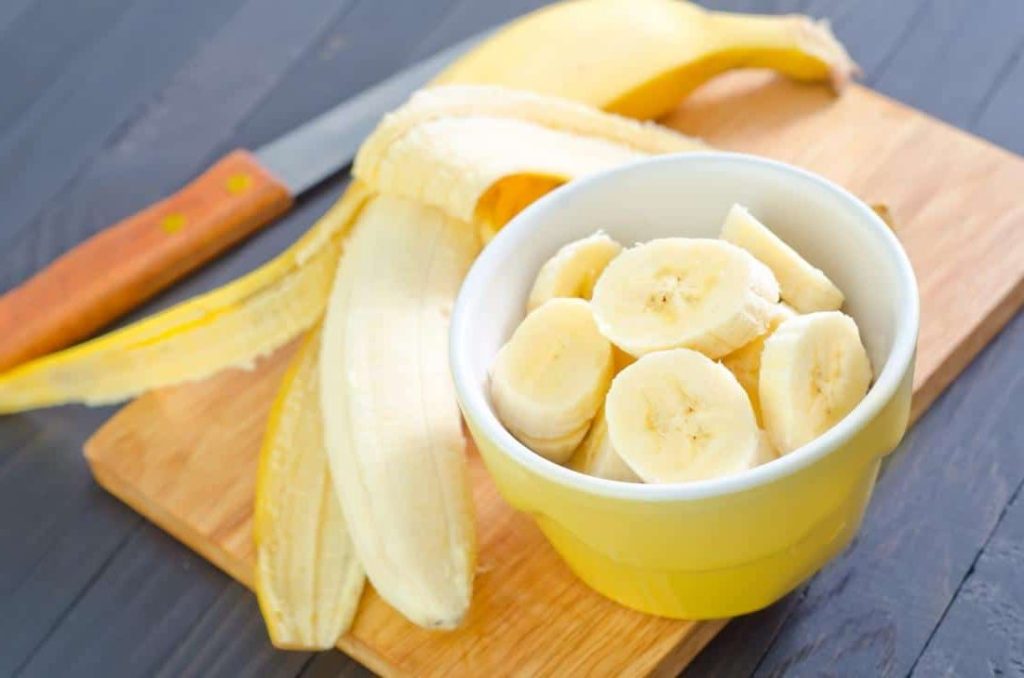For those with diabetes, meticulously monitoring the nutritional elements of their diet is essential. While many fruits are generally deemed healthy, not all are suitable for maintaining stable blood sugar levels. What about bananas? Are they a safe option?
Read on to uncover the connection between bananas and diabetes.
Get to Know Bananas
Bananas originate from the Musa plant species, flourishing in tropical environments worldwide. These fruits are rich in iron, carbohydrates, minerals, and vitamins, making them a go-to for breakfast, shakes, and smoothies.
Are Bananas Suitable for Diabetics?
The answer is both yes and no. Yes, when it comes to unripe green bananas, which have low sugar levels but are high in iron, calcium, and essential minerals. These unripe bananas, also known as plantains, are particularly advantageous for individuals with iron deficiencies. They are abundant in resistant starch, which minimally impacts blood sugar and can aid in long-term blood sugar management. With a low glycemic index (GI) of 30, green bananas are considered safe for diabetics.
On the other hand, ripe yellow bananas, often consumed as fruits, present a different picture. Though they offer similar health benefits, their sugar content and GI value increase as they ripen. Ripe bananas can have a GI value up to 60, and values above 55 are generally not recommended for diabetes management. A partially ripe banana may have a GI value between 50 and 55, making it marginally safe. However, identifying this precise GI number when shopping can be challenging, so those with stringent blood sugar control strategies may want to avoid them.
Incorporating Bananas into a Diabetic Diet: Tips and Advice
Pair bananas with healthy fats and proteins. For better blood sugar control, try eating a green banana with a source of unsaturated fats like almond or peanut butter, pistachios, sunflower seeds, or walnuts to also enhance the fruit’s taste.
Opt for green bananas. Unripe bananas tend to release glucose more slowly compared to their riper versions.
Choose smaller bananas. Since bananas vary in size, opt for smaller ones to ingest fewer carbohydrates, reducing their impact on blood sugar levels.
Make sure to consult your healthcare provider to determine the appropriate portion size and type of banana that fits best into your diet. They can provide tailored advice on how many bananas you can safely include.
